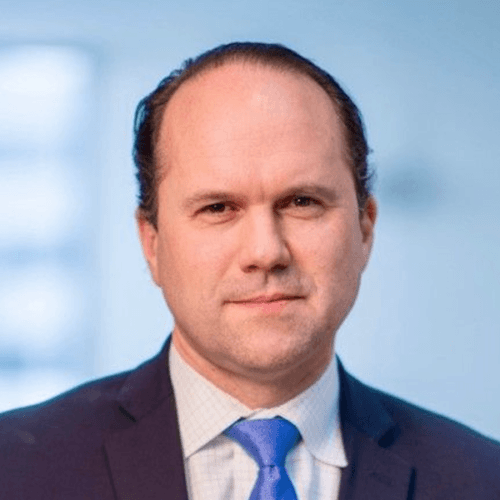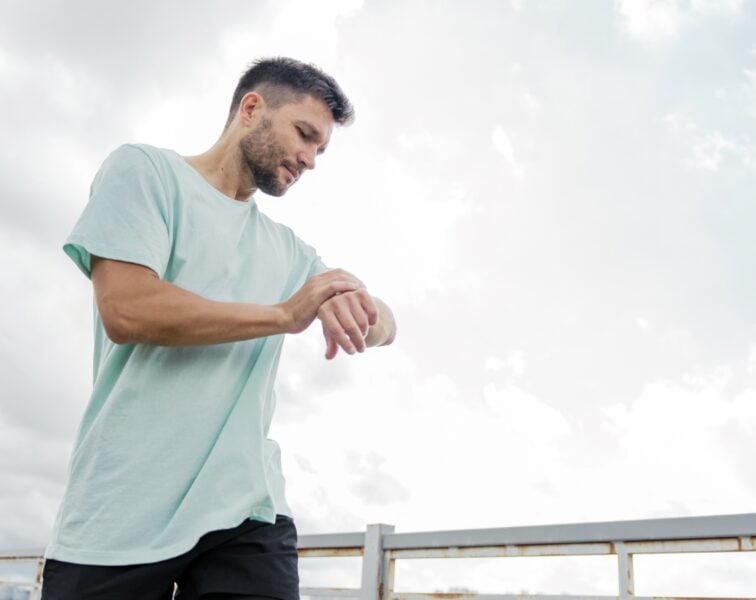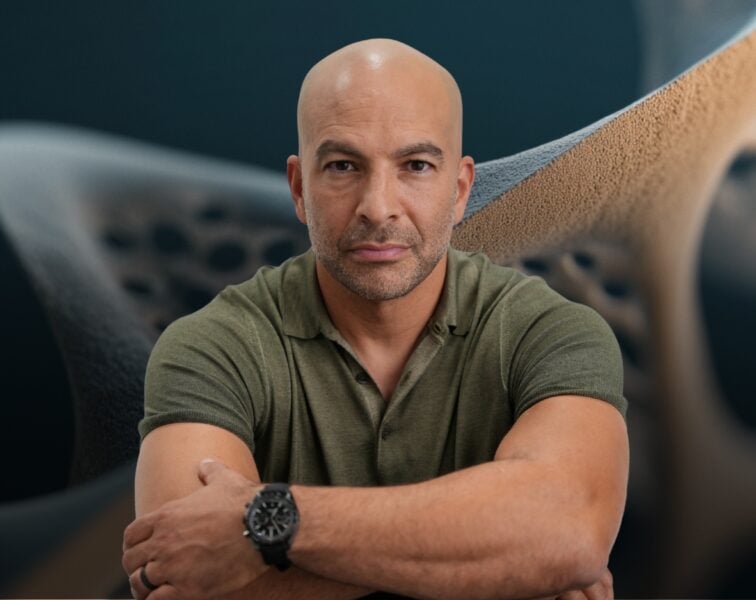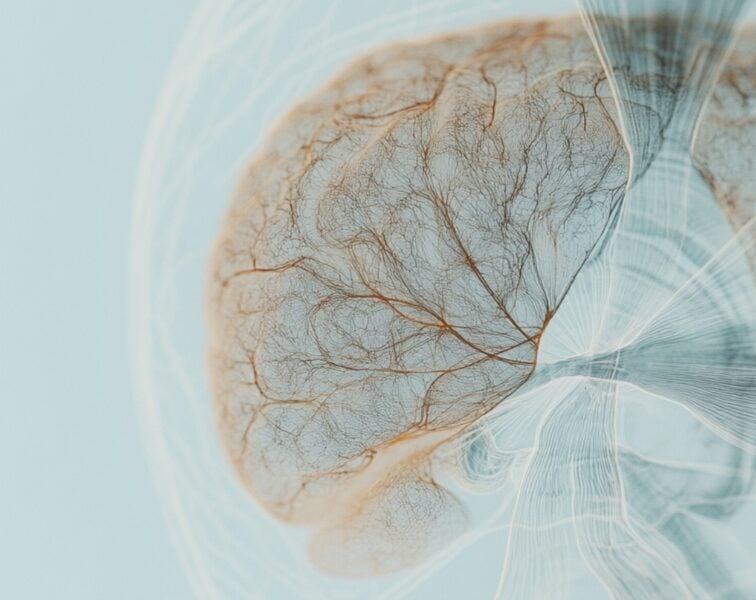Chris Sonnenday is the Transplant Center Director for Michigan Medicine. As Peter’s senior resident while at Johns Hopkins, Chris made a lasting impression on him with his remarkable leadership and ability to maintain his humanity through the stressors of that challenging environment. In this episode, Chris tells the incredible backstory of the history of transplant medicine, focusing on the kidney and the liver. He discusses the surgical and immunologic developments that launched the field forward, but also lays out the challenges ahead for the field, such as the rising prevalence of chronic kidney and liver failure. Chris also tells many stories of tragedy and triumph that comes with working in organ transplantation, but ultimately explains the rewarding nature of being a witness to the gift of organ donation.
Subscribe on: APPLE PODCASTS | RSS | GOOGLE | OVERCAST | STITCHER
We discuss:
- What attracted Chris to medicine, and his leadership in residency (3:30);
- How Chris maintained his empathy and humanity through the stresses of med school and residency (8:30);
- Why Chris chose a complicated field like transplant medicine (23:15);
- Explaining kidney transplantation to showcase the challenge of organ transplantation surgery (28:00);
- Overcoming the immune-based challenges of transplant surgery (37:00);
- How the discovery of cyclosporine transformed the field of organ transplantation (49:00);
- Rising chronic kidney failure due to the prevalence of pre-diabetes and metabolic syndrome (53:45);
- Why living kidney donations are superior, and the possibility of a market for kidney donation (59:30);
- Designing a fair system of organ distribution (1:17:30);
- The debate on what constitutes “death” when deciding when to take organs from a registered organ donor (1:21:45);
- Reflections on the gift of organ donation (1:33:15);
- The history of liver transplantation and why it’s so complex (1:39:15);
- Addressing acute liver failure and the amazing baboon experiment (1:46:15);
- The potential for the rising prevalence of NAFLD and NASH to overwhelm the liver transplant infrastructure in the US (1:54:45);
- The importance of teamwork in successful organ transplantations, and the most tragic event Chris has ever witnessed (2:05:45); and
- More.
Get Peter’s expertise in your inbox 100% free.
Sign up to receive An Introductory Guide to Longevity by Peter Attia, weekly longevity-focused articles, and new podcast announcements.
What attracted Chris to medicine, and his leadership in residency [3:30]
Chris’s leadership in residency
- Peter has long wanted to do a podcast with Chris
- Chris was Peter’s chief resident at Hopkins and played a very important role in his professional development
- Peter has mentioned him in other episodes of The Drive and also on Jocko Willink’s podcast
- Chris demonstrated “remarkable leadership” and made the difficult process of residency better
- Chris says Peter’s podcast has been very impactful to patients and providers and is a “cool way to see [Peter’s] leadership and impact extend”
How Chris got interested in medicine
- Grew up in DC, dad was a Presbyterian minister and mom was a medical social worker
- Only other doc was grandfather who was an internist and researcher in St. Louis
- Only plan in college was to play college soccer
- Parents would support whatever he did as long as he was serving other people
- Chose medicine for cliché reasons: exciting, challenging, problem-solving, serving others
- In med school he liked everything, chose surgery late in process
“Being a surgeon provides this really unique opportunity to enter people’s lives in their scariest, darkest moments and to have the privilege to be able to walk that with them and try to help them navigate that time and to have skill in some cases to solve the problem.” —Chris Sonnenday
What attracted Chris to Johns Hopkins?
- The history of great physicians that went through the program
- He really liked the idea of having an individual mentor
- Consulted with John Tarpley, program director at Vanderbilt, who had spent a lot of time doing medical mission work in Africa
- Wanted to get a sense of whether he had a shot of getting into Vanderbilt’s program, but Tarpley encouraged him to apply to Hopkins
- Chris wanted to work with Keith Lillimoe, the program director at Hopkins at the time, now the chair of surgery at Massachusetts General Hospital
- Seemed invested in the development and training of his residents, as surgeons, people, and leaders
“When you feel like you’re just running with superstars every day, that does push you to be the best possible physician, surgeon, person you can be.” —Chris Sonnenday
How Chris maintained his empathy and humanity through the stresses of med school and residency [8:30]
- Peter says Chris was in a league of his own even among the best: “It’s one thing to say you played for the Yankees, it’s another thing to say you were Mickey Mantle or Joe DiMaggio”
- Peter says that during residency, people become a bit broken and lose some of their humanity and empathy, lose tolerance for others’ mistakes
- Chris was the only person he didn’t witness that in, and he was also the best clinically, “an unusual combination that I definitely want to understand … a bit more”
- Chris says everyone’s inner battle is not visible on the outside
- Chris felt lucky to be there and obligated to maximize the experience
- When he left, he thanked Keith Lillimoe and John Cameron for their high expectations that allowed him to accomplish things he didn’t think he could
- Doctors have a lot of hard days and a lot of pressure, but patients have always re-centered him: “That privilege that I was speaking of earlier of being invited into people’s lives in these crazy moments and actually having the opportunity to intervene”
“The thing that always kind of re-centered me is reminding me that the people upstairs in those beds had it a lot worse off than I did. I think that the privilege of being involved in their care is kind of what recentered me and still does today.” —Chris Sonnenday
- Peter says he was always thrilled to learn he’s be working with Chris on a rotation
- In college Chris was a captain of the soccer team at Northwestern
- Always gravitated towards collaborative team activities, which is why he liked both soccer and transplant medicine
- brought out the best in him, sometimes being with his team made him feel unstoppable
- Can’t do transplant surgery without a team
Morbidity and mortality (M&M) conferences
- “One of the things that makes surgeons and surgery unique as a discipline is the sense of ownership, accountability, responsibility for the outcomes of the patients that you’re privileged to care for”
- At M&M, reviewed patient cases, especially those without a good outcome
- Mike Mohan, former chair at Michigan, would say “you could look into a department’s soul by attending their morbidity and mortality conference”
- Get a sense of accountability: do they blame others (nurse, anesthesiologist, etc.) or talk about what could do better?
- Hopkins M&M shaped the way Chris and Peter think about medicine and responsibility
- John Cameron, the chair at the time, would start with his own cases to model accountability
- Peter says Stanford had a different culture, wasn’t nearly as rigorous
Peter tells a story about one of Chris’s star moments
- Chris did a very challenging hepatobiliary oncology fellowship with trauma every third night
- Would be told about multiple patients at sign off, and others said he didn’t need to see a patient who is being discharged soon
- But Chris to see him went and discovered something was wrong – maybe compartment syndrome – but Chris did an operation that likely saved the patient’s limb
- Was unheard of for an attending to go and check a patient whose discharge paperwork had already been signed and catch a mistake
- When Chris presented it at M&M, he never mentioned the circumstances or blamed anyone else; presented it as if it were his fault
- Peter says “That was one of the moments when I realized I’m not good enough to be in this profession”
“I do certainly carry the philosophy in my work currently and certainly that there is not value in … assigning blame to individuals. There’s only value in recognizing opportunity for us as a system, as a team, to get better”—Chris Sonnenday
- Chris says he could be the one that missed it next time: “I think there’s some humility that has to enter into understanding that no one has all the answers nor should be expected to kind of catch everything”
- Chris thinks the focus of M&M has gradually changed from “whose fault was this?” to “what’s right for the patient?”
- Better for patients, sets better example for trainees
- It’s “an important piece of creating the right culture where everybody’s … oars are moving in the same direction”
{end of show notes preview}
Would you like access to extensive show notes and references for this podcast (and more)?
Check out this post to see an example of what the substantial show notes look like. Become a member today to get access.

Chris Sonnenday, M.D.
Christopher Sonnenday, M.D., M.H.S., is the Surgical Director of Liver Transplantation and Associate Chair for Clinical Affairs for the Department of Surgery at the University of Michigan. He is also an Associate Professor in the Department of Surgery and Associate Professor of Health Management and Policy at the School of Public Health. Dr. Sonnenday received his medical degree from Vanderbilt University and did his residency in general surgery at Johns Hopkins, where he also completed a Masters of Health Sciences in Clinical Investigation at the Bloomberg School of Public Health. He did fellowships in surgical oncology at Johns Hopkins and in abdominal transplant surgery at the University of Michigan. Dr. Sonnenday’s clinical interests focus on liver transplantation, hepatobiliary and pancreatic surgery, and general surgery procedures in patients with advanced liver disease.
Twitter: @HPB_Txp_Surg



